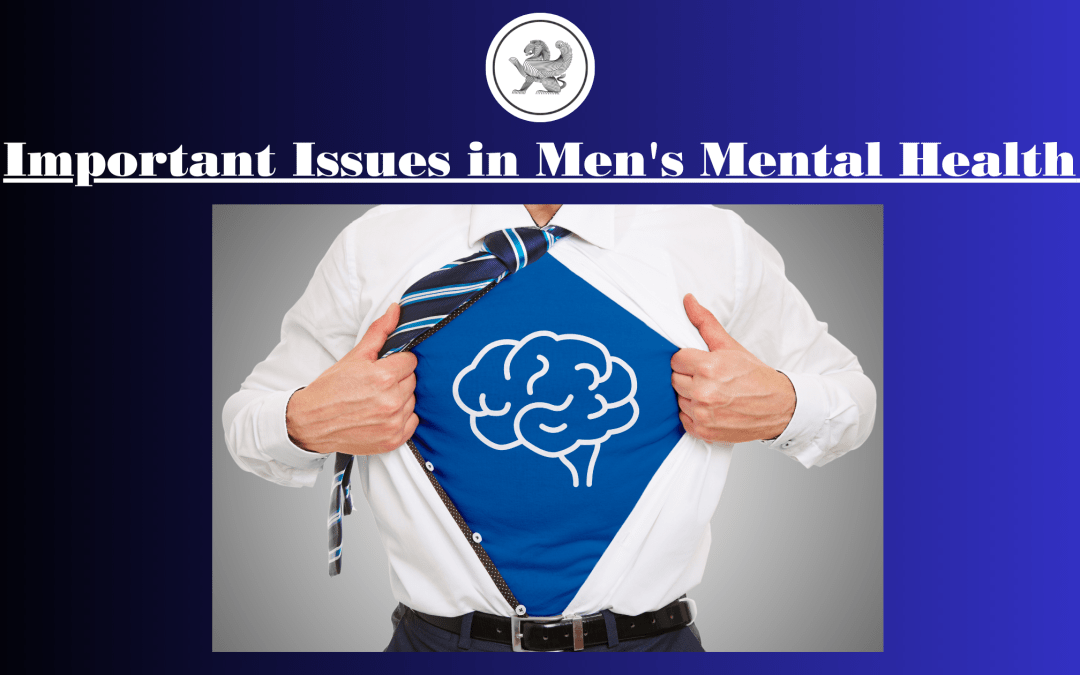CREDITS
By Dr Melane van Zyl
Men’s mental health is a critical and neglected topic, as societal expectations sometimes discourage men from seeking help or expressing emotional distress. Some of the important issues related to men’s mental health include:
1. Stigma and Societal Expectations: Traditional societal norms often encourage men to suppress their emotions and discourage them from seeking help for their mental health problems, contributing to the stigma surrounding men’s mental health. This could lead to underdiagnosis or late diagnosis of mental health issues.
2. High Rates of Suicide: Men, particularly middle-aged men, have higher suicide rates than women. This is often attributed to untreated or undiagnosed mental health conditions, substance use, and societal pressures.
3. Substance Use and Abuse: Men are more likely than women to use and become dependent on alcohol and illicit substances, which can exacerbate existing mental health issues or cause new ones.
4. Depression and Anxiety: Although women are more likely to be diagnosed with depression and anxiety, these conditions are still prevalent in men. Symptoms can present differently, and men may be more likely to exhibit irritability, anger, and engage in risky behaviour.
5. Work Stress and Burnout: Men often face immense pressure to be the primary earners for their families, which can contribute to high stress, anxiety, and feelings of burnout.
6. Undiagnosed or Misdiagnosed Conditions: Due to gender biases in the mental health field, men may be misdiagnosed or their conditions may be undiagnosed. For example, ADHD in men can often go unrecognized, leading to issues later in life.
7. Veteran and Police Officers’ Mental Health: Men make up a large proportion of military veterans and police officers who are at risk for PTSD, depression, anxiety, and suicide.
8. Male Sexual and Reproductive Health Issues: Issues like erectile dysfunction, premature ejaculation, and infertility can lead to psychological distress, lower self-esteem, and can contribute to anxiety and depression.
9. Access to Mental Health Services: Men generally use mental health services less often than women. Factors contributing to this may include the perception that therapy is not ‘masculine’, a lack of understanding about mental health, or a lack of culturally or gender-sensitive services.
10. Masculinity Norms: Men are often socialized to be tough, self-reliant, and control their emotions. These norms, often referred to as “toxic masculinity,” can discourage men from acknowledging mental health issues and seeking help.
11. Loneliness and Isolation: Men, especially older men, are often at a higher risk of experiencing loneliness and social isolation, which can have a detrimental impact on mental health.
Addressing these issues requires public health initiatives, education to increase mental health literacy, de-stigmatizing mental health care for men, and developing male-friendly mental health services.
The solution to overcoming these obstacles is not simple. We must start with small steps and allow time for attitudes to change.


